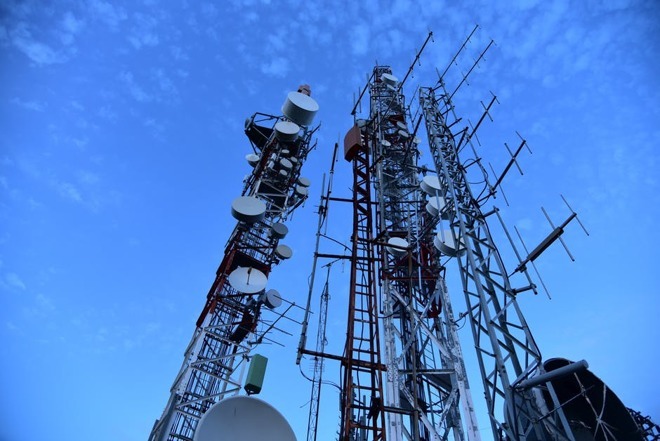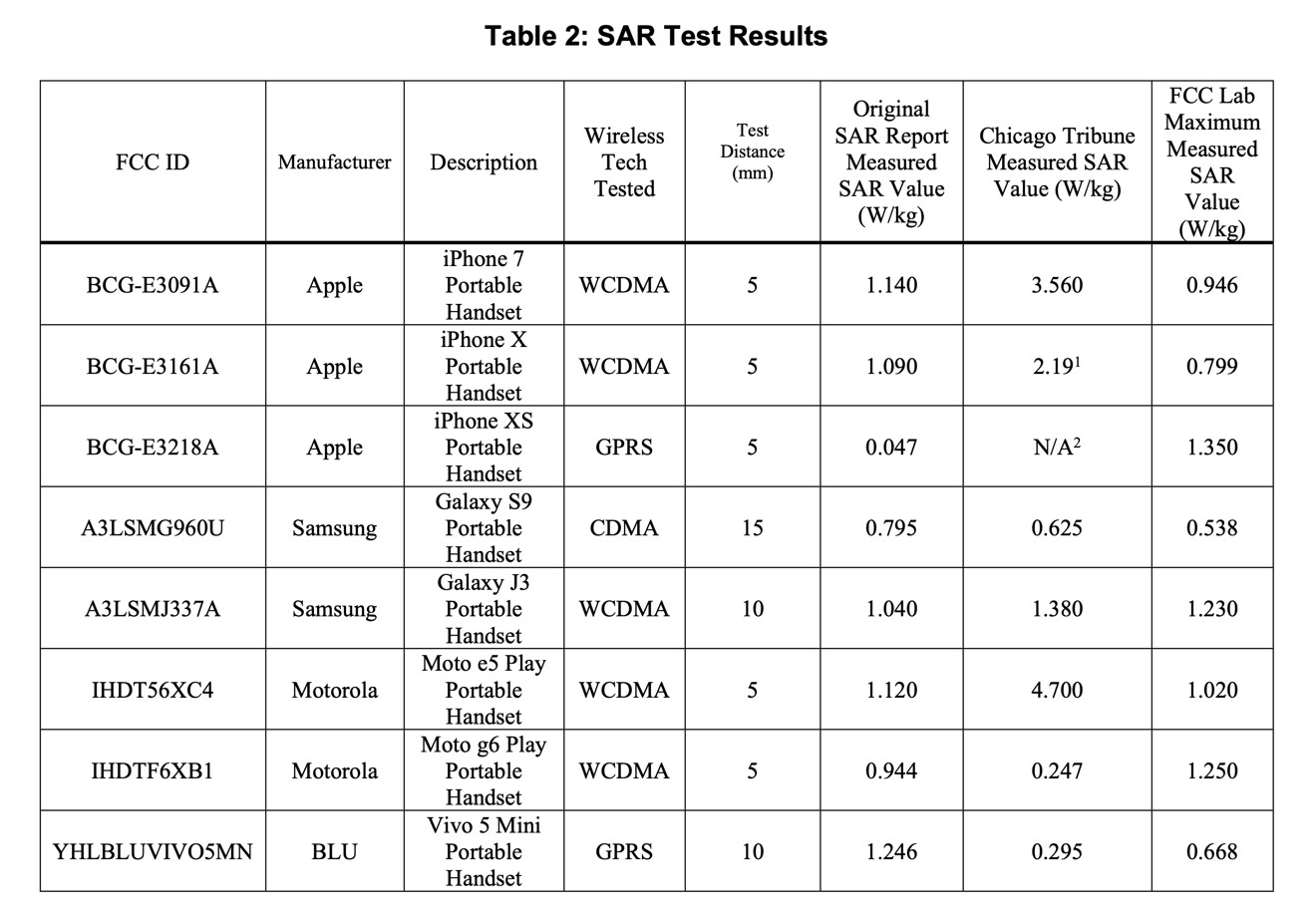FCC retest vindicates Apple on iPhone RF exposure claims
Last updated
The iPhone complies with U.S. standards for RF exposure, the FCC has confirmed after performing a battery of tests on the smartphone. Regulators promised to evaluate Apple's handset following an August report by the Chicago Tribune claiming that the model breaches consumer safety rules.
In August, it was claimed by independent testing conducted by the Chicago Tribune that there was an issue with the iPhone 7 and iPhone 8, with regards to radio frequency broadcasts. Performed by the RF Exposure Lab, the tests showed iPhone 7 exceeded the amount of exposure the FCC permits devices to expose to a user, by a considerable margin.
The retest, conducted by the FCC, included a mix of devices supplied by Apple and Samsung, as well as others purchased by the FCC. Testing was performed between Aug. 30 and Sept. 23.
All of the devices tested at the FCC's own lab — not a contractor — were under the maximum legal limit of 1.6 watts per kilogram or less, over 1 gram of tissue that is absorbing the most signal. The legal limit is derived from a safe limit, which is about 50 times higher.
The previous testing commissioned by the newspaper measured levels between 2.5 watts per kilogram and 2.81 watts per kilogram, far above the legal limit for exposure.
At the time of the original test, Apple took issue with the results and in a statement said the results "were inaccurate due to the test setup not being in accordance with procedures necessary to properly assess the iPhone models." Apple added that "all models are fully certified by the FCC and counterparts in other countries where iPhones are sold, with Apple further proclaiming "we are in compliance and meet all applicable exposure guidelines and limits."
 Malcolm Owen
Malcolm Owen















 Amber Neely
Amber Neely
 Thomas Sibilly
Thomas Sibilly
 AppleInsider Staff
AppleInsider Staff
 William Gallagher
William Gallagher

 Christine McKee
Christine McKee










27 Comments
How surprising !!
Yeah I'm sure a random 3rd party test shop would pick up something that every other RF certification process worldwide would have missed. /s
Maybe Apple would have a slander case against the newspaper. I would not take too kindly an article which was false and could lead to scarring my reputation and possibly resulting in lost income.